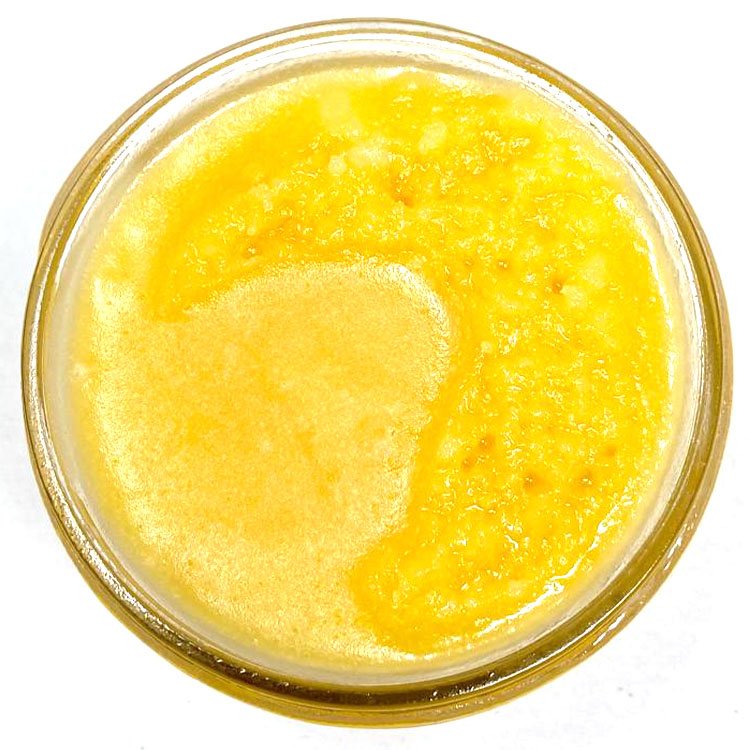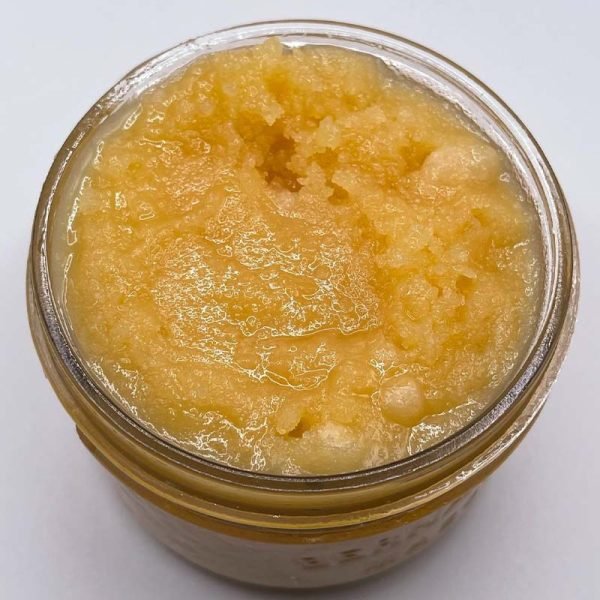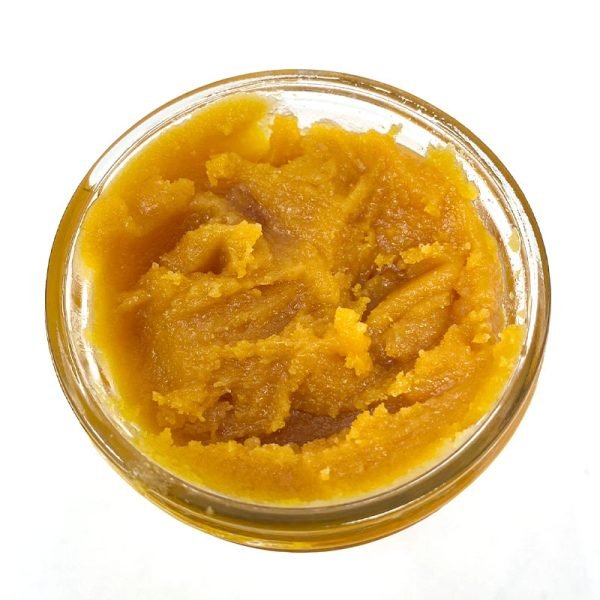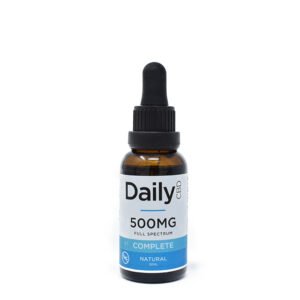Live Resin – Orange Cookies
$15.00 – $230.00
INDICA DOMINANT HYBRID: 60% INDICA: 40% SATIVA
FLAVOURS: CITRUS | WOODY | TANGY
EFFECTS: MELLOW | RELAXED | HAPPY
MAY RELIEVE: SLEEP LOSS | DEPRESSION | NAUSEA | PAIN | STRESS
Description
Introduction to Orange Cookies
Orange cookies offer a delightful twist on traditional baked goods, bringing a unique and refreshing flavor profile to the table. The zest and juice of oranges infuse cookies with a vibrant citrus taste, making them a popular choice for those seeking a fresh alternative to more conventional cookie flavors. Whether you prefer the subtle hint of orange essence or a bold citrus punch, orange cookies can cater to a variety of taste preferences.
There is an impressive array of orange cookie recipes available, each showcasing the versatility of this citrus fruit. From soft and chewy cookies with orange zest to crispy, glazed treats with a tangy orange icing, the possibilities are truly endless. Some recipes incorporate other complementary flavors such as chocolate, cranberry, or almond, further enhancing the overall taste experience. These combinations create a delightful balance, ensuring that every bite is a burst of flavor.
One of the main appeals of orange cookies is their ability to stand out in a sea of traditional cookie options. While classic flavors like chocolate chip, oatmeal raisin, and peanut butter remain beloved staples, orange cookies provide a refreshing divergence. They are perfect for a variety of occasions, from holiday gatherings and afternoon tea parties to simple, everyday indulgences.
Incorporating citrus into baked goods not only adds a distinct flavor but also offers several benefits. Oranges are rich in vitamins and antioxidants, making them a wholesome addition to your baking repertoire. The natural acidity of oranges can also enhance the texture of cookies, resulting in a tender and moist crumb.
As we delve deeper into the world of orange cookies, this guide will explore various recipes, tips, and techniques to help you master the art of baking with oranges. Whether you’re a seasoned baker or a novice in the kitchen, these insights will inspire you to create your own citrus-infused masterpieces. Get ready to embark on a flavorful journey that celebrates the zest and vibrancy of orange cookies.
Health Benefits of Oranges
Oranges are not only a delicious and versatile fruit but also a powerhouse of nutritional value. They are well-known for their high vitamin C content, which plays a crucial role in supporting the immune system. A single medium-sized orange provides over 70% of the recommended daily intake of vitamin C, making it an excellent choice for boosting immunity and protecting against common colds and other infections.
Beyond vitamin C, oranges are rich in other essential nutrients. They contain significant amounts of fiber, particularly in the form of pectin, which aids in digestion and helps maintain a healthy gut. Fiber is also beneficial in managing blood sugar levels and can contribute to weight management by promoting a feeling of fullness.
Oranges are also a good source of important minerals such as potassium and calcium. Potassium helps regulate blood pressure by counteracting the effects of sodium, thus supporting cardiovascular health. Calcium, on the other hand, is crucial for maintaining strong bones and teeth, and it plays a role in muscle function and nerve signaling.
Additionally, oranges are loaded with antioxidants, including flavonoids and carotenoids, which help combat oxidative stress and reduce inflammation in the body. These antioxidants contribute to overall skin health by protecting the skin from damage caused by free radicals, thereby promoting a youthful and radiant appearance.
Incorporating oranges into your diet, such as through orange cookies, not only enhances flavor but also adds a wealth of nutritional benefits. By enjoying these citrus-infused treats, you can indulge your sweet tooth while simultaneously supporting your health. Whether you’re aiming to boost your immune system, improve digestion, or maintain vibrant skin, the health benefits of oranges make them a valuable addition to any recipe.
Essential Ingredients for Orange Cookies
Creating the perfect batch of orange cookies requires a careful selection of ingredients. Each component plays a crucial role in achieving the desired flavor, texture, and appearance. Let’s explore the essential ingredients you’ll need and some tips on choosing the best quality items.
Fresh Oranges: The cornerstone of any orange cookie recipe is, of course, fresh oranges. Opt for ripe, firm oranges with a vibrant color and a fragrant aroma. Fresh oranges will provide the most natural and intense flavor. Avoid oranges that feel soft or have blemishes, as these may be overripe or of inferior quality.
Orange Zest: Orange zest is the finely grated outer peel of the orange and is packed with essential oils that add a burst of citrus flavor to your cookies. Use a microplane or a fine grater to obtain the zest, ensuring you only grate the colored part and avoid the bitter white pith underneath. One medium-sized orange should yield about one tablespoon of zest.
Orange Juice: Freshly squeezed orange juice enhances the citrus aroma and taste of the cookies. If fresh oranges are unavailable, you can use store-bought juice, but make sure it is 100% pure juice without added sugars or preservatives. Fresh juice contains natural sugars and a balanced acidity that complements the other ingredients.
Flour: All-purpose flour is the most common choice for orange cookies, providing the right balance of protein content for structure and tenderness. Ensure the flour is fresh and sift it before use to avoid lumps and ensure even mixing.
Sugar: Granulated sugar is typically used in orange cookie recipes. It not only sweetens the cookies but also contributes to their crisp texture. For a slightly different flavor profile, you can substitute part of the granulated sugar with brown sugar.
Butter: Unsalted butter is preferred for baking as it allows you to control the amount of salt in your recipe. Make sure the butter is at room temperature for easy creaming with the sugar, resulting in a light and fluffy dough.
Eggs: Eggs act as a binding agent and provide structure to the cookies. Use large, fresh eggs for the best results. Bringing the eggs to room temperature before incorporating them into the dough ensures even mixing and better consistency.
By carefully selecting these essential ingredients and considering possible substitutions, you can create delicious, aromatic orange cookies that are sure to impress. Attention to detail in ingredient quality is key to achieving the perfect balance of flavor and texture in your cookies.
Classic Orange Cookie Recipe
Creating the perfect batch of classic orange cookies is a delightful and rewarding experience. These cookies, with their bright citrus flavor and tender texture, are sure to become a favorite in your baking repertoire. Below, you’ll find a detailed step-by-step guide that includes precise measurements, baking tips, and techniques to ensure your orange cookies turn out perfectly every time.
Ingredients:
- 1 cup unsalted butter, softened
- 1 cup granulated sugar
- 1 large egg
- 2 tablespoons fresh orange zest
- 2 tablespoons fresh orange juice
- 2 1/2 cups all-purpose flour
- 1/2 teaspoon baking powder
- 1/4 teaspoon salt
Instructions:
Step 1: Begin by preheating your oven to 350°F (175°C). Line two baking sheets with parchment paper to prevent sticking and ensure even baking.
Step 2: In a large mixing bowl, cream the softened butter and granulated sugar together using an electric mixer on medium speed until the mixture is light and fluffy. This process should take about 3-4 minutes.
Step 3: Add the egg, orange zest, and orange juice to the butter mixture. Beat until well combined, ensuring that the zest and juice are evenly distributed throughout the batter.
Step 4: In a separate bowl, whisk together the all-purpose flour, baking powder, and salt. Gradually add the dry ingredients to the wet mixture, mixing on low speed just until a soft dough forms.
Step 5: Using a cookie scoop or tablespoon, portion out the dough onto the prepared baking sheets, spacing each cookie about 2 inches apart. This allows room for the cookies to spread during baking.
Step 6: Bake the cookies in the preheated oven for 10-12 minutes, or until the edges are lightly golden. Be careful not to overbake, as this can result in a less tender texture.
Step 7: Allow the cookies to cool on the baking sheets for a few minutes before transferring them to a wire rack to cool completely. This helps the cookies set and maintain their shape.
For an enhanced flavor, consider adding a simple orange glaze made from powdered sugar and fresh orange juice. Drizzle the glaze over the cooled cookies for an extra touch of citrus sweetness.
By following these steps and incorporating these tips, you will be able to achieve deliciously soft and fragrant orange cookies that are perfect for any occasion.
Creative Variations of Orange Cookies
Elevating the classic orange cookie recipe can be as simple or as adventurous as your culinary imagination allows. One popular variation is the addition of chocolate chips. The combination of citrusy orange and rich chocolate creates an irresistible flavor contrast that delights the palate. For a nutty twist, consider incorporating chopped almonds, walnuts, or pecans into the dough. The crunch of the nuts adds texture and complexity, making each bite an experience.
Spices offer another avenue for creativity. Cinnamon or cardamom can infuse your orange cookies with a warm, aromatic essence. A pinch of ginger or nutmeg can also provide a subtle yet intriguing depth of flavor. Experimenting with these spices allows you to tailor the cookies to your personal taste or the preferences of your guests.
Orange shortbread cookies are another delightful variation. The buttery, crumbly texture of shortbread pairs beautifully with the zesty brightness of orange. Adding a touch of orange zest to the dough enhances the citrus flavor without overpowering the delicate nature of the shortbread. For an extra layer of indulgence, consider dipping the edges of the cooled shortbread cookies in white or dark chocolate.
For a heartier option, orange oatmeal cookies are a great choice. The chewiness of the oatmeal complements the fresh, fruity notes of orange. You can elevate these cookies further by adding dried cranberries or raisins, which add a burst of sweetness and chewiness that contrasts nicely with the oats.
Orange-glazed cookies are another creative twist worth exploring. After baking your orange cookies, drizzle them with a simple glaze made from powdered sugar and freshly squeezed orange juice. This not only enhances the citrus flavor but also adds a glossy, appealing finish. For an added touch of elegance, sprinkle a bit of finely grated orange zest over the glaze before it sets.
By experimenting with these variations, you can transform the traditional orange cookie into something truly unique and tailored to your tastes. Whether you prefer the richness of chocolate, the crunch of nuts, or the warmth of spices, there’s a creative orange cookie variation out there just waiting to be discovered.
Tips for Perfect Orange Cookies Every Time
Baking the perfect orange cookies requires a blend of science and artistry. To achieve the ideal texture, it is crucial to measure ingredients accurately. Use a kitchen scale for precision, especially when dealing with flour and sugar. Ensuring that butter is at the right temperature—soft but not melted—can significantly influence the cookies’ consistency. Creaming the butter and sugar well, typically for 3-5 minutes, creates a light and airy base for your dough.
Common baking mistakes, such as overmixing or underbaking, can be avoided with a few simple adjustments. Overmixing the dough can lead to tough cookies, so mix just until the ingredients are combined. To prevent underbaking, use an oven thermometer to ensure your oven is at the correct temperature, as oven dials can sometimes be inaccurate. Additionally, rotating the cookie sheets halfway through baking can promote even cooking.
Maintaining the freshness of your orange cookies is essential for enjoying them at their best. Store cookies in an airtight container at room temperature, and if you plan to keep them for more than a few days, consider freezing them. Layer cookies with parchment paper to prevent them from sticking together. When it’s time to enjoy your frozen cookies, allow them to thaw at room temperature for optimal taste and texture.
Enhancing the orange flavor in your cookies can be achieved through various techniques. Freshly squeezing orange juice and zesting the orange peel adds vibrant, natural flavor. When zesting, avoid the white pith, as it can impart a bitter taste. Using a microplane zester can help achieve fine, aromatic zest. For an extra burst of citrus, consider incorporating orange extract or finely chopped candied orange peel into your recipe.
By following these expert tips, you’ll be well on your way to baking the perfect orange cookies every time, delighting friends and family with your citrus-infused creations.
Serving and Pairing Suggestions
Orange cookies offer a delightful burst of citrus flavor, making them a versatile treat suitable for various occasions and pairings. Whether you’re serving them at a casual gathering or a formal event, here are some creative ideas to elevate your orange cookie experience.
For a cozy afternoon, consider pairing orange cookies with a warm beverage. A hot cup of tea, particularly black or green tea, complements the citrus notes and creates a harmonious blend of flavors. If you prefer coffee, a mild roast with subtle hints of chocolate or nut can balance the zestiness of the cookies, making for a satisfying combination.
When it comes to dessert platters, orange cookies can be a star attraction. Their vibrant color and unique taste make them stand out among an assortment of treats. Pair them with a variety of fruits, such as strawberries, blueberries, or kiwi, to enhance the citrus profile. Additionally, combining them with other cookies, like almond biscotti or chocolate chip cookies, can provide a delightful contrast in textures and flavors.
Orange cookies also serve as an excellent base for other desserts. Crumble them up to create a flavorful crust for cheesecakes or tarts. Alternatively, sandwich a dollop of vanilla or orange-infused cream between two cookies for a quick and delicious dessert. For a more decadent option, dip one end of the cookies in melted dark chocolate, then let them cool for a sophisticated twist.
Finally, don’t hesitate to get creative with presentation. Arrange the cookies on a decorative platter, sprinkle with powdered sugar for an elegant touch, or garnish with orange zest to enhance the citrus aroma. By experimenting with these serving and pairing suggestions, you can transform your orange cookies into a memorable treat for any occasion.
Frequently Asked Questions About Orange Cookies
When it comes to baking orange cookies, several questions frequently arise. These queries often pertain to troubleshooting common issues, ingredient substitutions, and dietary modifications. This section aims to address these concerns thoroughly, providing readers with a comprehensive resource to perfect their orange cookies.
Why are my orange cookies coming out flat? Flat cookies are typically the result of using too much sugar or not enough flour. Ensuring you measure ingredients accurately can resolve this issue. Additionally, chilling the dough before baking can help maintain the cookies’ shape.
Can I substitute fresh orange juice with orange extract? Yes, you can substitute fresh orange juice with orange extract. However, note that orange extract has a more concentrated flavor. Use it sparingly—about 1 teaspoon of orange extract can replace 1 tablespoon of fresh orange juice.
How can I make my orange cookies gluten-free? To make gluten-free orange cookies, substitute the all-purpose flour with a gluten-free flour blend. Ensure the blend contains xanthan gum or another binding agent to maintain the cookies’ structure. Also, verify that all other ingredients, including baking powder and any flavorings, are certified gluten-free.
What can I use to make my orange cookies vegan? For vegan orange cookies, you can replace butter with plant-based margarine or coconut oil. Substitute eggs with flax eggs (1 tablespoon of ground flaxseed mixed with 3 tablespoons of water per egg). Use plant-based milk, such as almond or soy milk, in place of dairy milk.
Why are my orange cookies too dry? Dry cookies can result from overbaking or using too much flour. Ensure you follow the recipe’s baking times closely and measure flour using the spoon-and-level method to avoid packing too much into the measuring cup.
Can I freeze orange cookie dough? Absolutely. To freeze orange cookie dough, portion it into individual balls and place them on a baking sheet. Freeze until solid, then transfer to an airtight container. Dough can be frozen for up to three months. When ready to bake, add a few extra minutes to the baking time if baking from frozen.
This FAQ section should cover most common concerns, making your orange cookie baking experience smooth and enjoyable. For more specific issues, don’t hesitate to consult specialized baking resources or reach out to experienced bakers.
Additional information
| Weight | 1Gram, 2Grams, 7Grams, 14Grams, 28Grams |
|---|







Reviews
There are no reviews yet.